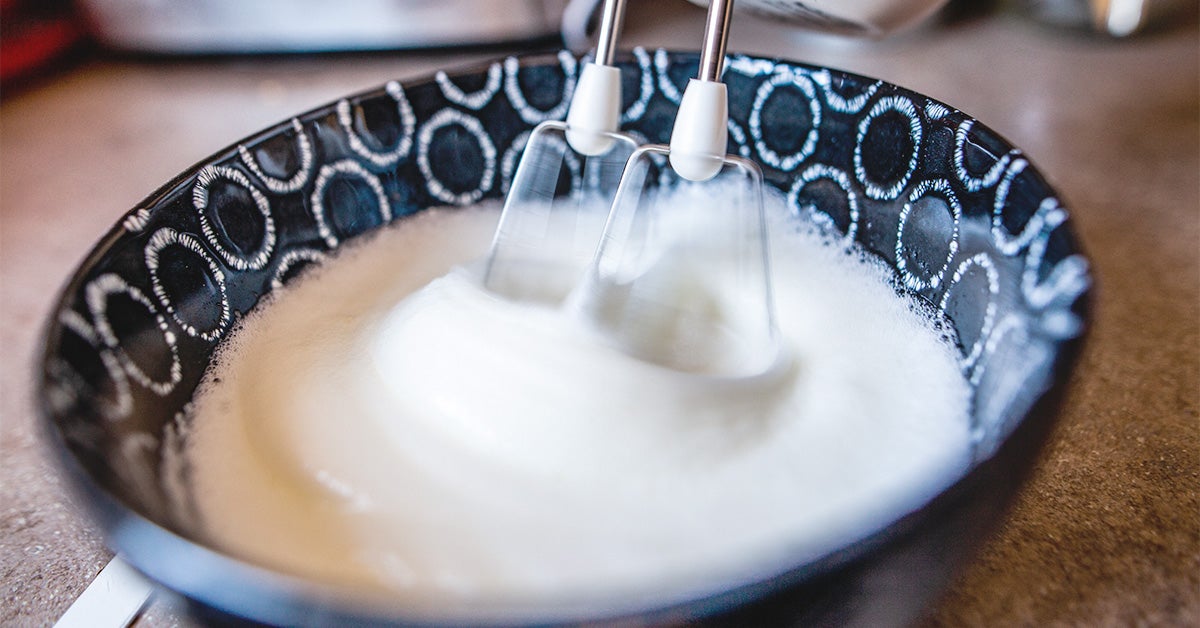Carrot Seed Oil Benefits and Uses

Healthline and our partners may receive a portion of revenues if you make a purchase using a link on this page.
Carrot seed oil is a type of essential oil. It's extracted via steam distillation from the seeds of the Daucus carota plant.
This flowering plant, known for its white blossoms and carrot-scented roots, is also called wild carrot and Queen Anne's lace.
Carrot seed oil is sometimes confused with carrot oil, which is made from a mixture of crushed carrot roots immersed in a carrier oil, such as olive or coconut oil. Carrot oil isn't an essential oil, however.
Carrot seed essential oil has shown antibacterial, antifungal, anti-inflammatory, and antioxidant properties. What it doesn't have are the vitamins and nutrients provided by carrots.
Like other essential oils, carrot seed oil isn't meant to be ingested. In this way it differs from carrot oil, which is often used for cooking.
When you mix carrot seed oil with a carrier oil, you can apply it to your skin. Several laboratory studies and anecdotal evidence indicate that carrot seed oil has a number of properties that may be beneficial when used this way.
Antibacterial
A recent study found that carrot seed oil is effective at combating several strains of bacteria.
These include Listeria monocytogenes, which causes listeriosis infections, and Staphylococcus aureus, responsible for staph infections. It had a smaller degree of effectiveness against E-coli and Salmonella.
Researchers attribute the effectiveness to the levels of a chemical compound called alpha-pinene in the carrot seed oil. They also acknowledged that differences in concentrations of the chemical compounds in carrot seed oil can change the oil's antibacterial properties.
Antifungal
Research suggests that Carotol, another chemical compound in carrot seed oil, reduces the activity of fungi that affect plant growth.
Another study indicates carrot seed oil has some degree of effectiveness against yeasts such as Candida albicans and Aspergillus.
Antioxidant
An animal study performed on rats suggests that carrot seed oil may be an effective antioxidant. This same study found that carrot seed oil might also have benefits against liver damage.
Anti-aging
A study that analyzed carrot seed oil's antioxidant properties suggests that it might be beneficial in cosmetics as a rejuvenator for aging skin.
Gastroprotective
Alpha-pinene was found to reduce the incidence of gastric ulcers in an animal study performed on mice.
Anti-inflammatory
Anecdotal reports indicate that carrot seed oil has anti-inflammatory properties and is soothing to the skin and scalp.
Since essential oils aren't meant for ingestion, and many carrot seed oil studies were done in vitro or on animals, it's important to consult a doctor before you use it to treat an infection or illness.
It's also advisable to dilute carrot seed oil with a carrier oil before applying to your skin or scalp.
There are other at-home treatments that might be as effective or better at replenishing and soothing skin as carrot seed essential oil. They include:
- Lavender essential oil can be used topically as an anti-inflammatory and for wound healing.
- Tea tree oil has anti-inflammatory properties. You can also use it for different skin irritations.
Carrot seed oil has promising potential as an antibacterial and antifungal agent. It may be beneficial for hard-to-treat infections and for wound care.
Carrot seed essential oil is often confused with carrot oil, but the two have completely different properties.
Carrot seed oil, like all essential oils, should always be diluted with a carrier oil prior to using it on your skin. You also shouldn't ingest it.
Shop for carrot seed oil and carrier oils online.
-
 6 interesting genetic traits that children will inherit from their parents
6 interesting genetic traits that children will inherit from their parents
-
 7 effects of asparagus on child development
7 effects of asparagus on child development
-
 Does cutting blood hair for babies bring good luck?
Does cutting blood hair for babies bring good luck?
-
 The more babies eat, the higher the height they develop, especially the second kind
The more babies eat, the higher the height they develop, especially the second kind
-
 Children with chicken pox should eat to quickly recover from the disease, without leaving a deep scar?
Children with chicken pox should eat to quickly recover from the disease, without leaving a deep scar?
-
 The more food is cooked, the better it can be for health, especially the second type
The more food is cooked, the better it can be for health, especially the second type
-
 Jumping Lunges: How to, Tips, and Exercise to Pair Them With
Jumping Lunges: How to, Tips, and Exercise to Pair Them With
-
 All About Lip Tattoo: What to Expect, Cost, Risks, Touch-Ups & More
All About Lip Tattoo: What to Expect, Cost, Risks, Touch-Ups & More
-
 Why Not to Use Egg White for Your Face, Risks & Why It Doesn't Work
Why Not to Use Egg White for Your Face, Risks & Why It Doesn't Work
-
 Answers About a Mole on Your Baby: Diagnosis, Treatment & More
Answers About a Mole on Your Baby: Diagnosis, Treatment & More
-
 Can You Get HPV from Kissing? And 14 Other FAQs
Can You Get HPV from Kissing? And 14 Other FAQs
-
 All About Chest Pain That Comes and Goes: Causes, Diagnosis & More
All About Chest Pain That Comes and Goes: Causes, Diagnosis & More































